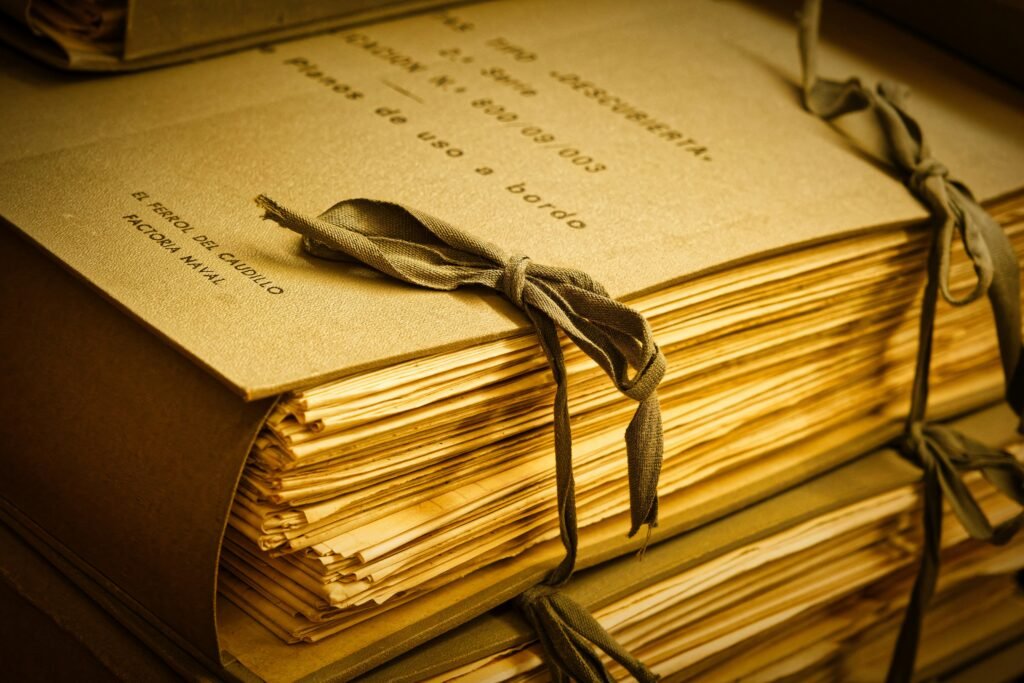
Wait, what?
Yes, I completely messed up the first book I actually bothered to finish. The reason? I guess I just wasn’t ready to tackle something that big, but I did learn a lot of lessons from the writing process.
The Story
The story starts when I was five with an elaborate game of ‘play pretend’. The world I set my games in gradually became Arcylatia, and the characters molded themselves eventually into the ones I wrote. Flash-forward to being an ambitious teenager eager to churn out something like the fantasy books I read and loved.
So I sat down with three notebooks and a blasphemous number of gel pens and started writing what I thought would be my masterpiece.
Then I spent a whole other year editing it. Draft through draft through draft. The only problem was I was never satisfied. It didn’t feel like ‘a book’. It was messy. The plot made little sense. Everything was melodramatic. Oh, yeah, and it wound up to around 198k words. Shocking.
The Mistakes
So truthfully, I screwed up. In a lot of ways:
- My Wise Teacher: So like all teens, I sought wisdom from the oracle of advice: the internet. Naturally, most of the advice was a combination of taking this writer or that’s word like gospel and making the process sound simultaneously way harder and way easier than it is. Which is honestly good for a general sense of direction, but the moment you start glaring at every -ly in your book with sweaty palms, cursing yourself for being stupid enough to use an actual adverb… yeah, you went too far.
- I Did No Work Prehand: By all means, if you’re a procrastinator, making excuses by doing too much worldbuilding and busying yourself with character profiles more detailed than a medical textbook, yes, jump in. Stop procrastinating. But if you want to write speculative fiction with absolutely no research, worldbuilding, and without even a vague sense of your characters, by all means: don’t. Especially if it’s multiple POV with several plotlines. Nope. No outline either. I didn’t even know what to do with the story beyond a few random scenes.
- Character Matters: For my second novel, I actually managed to figure out my protagonist while drafting, but I had done a lot of thinking about him beforehand. I had a good measure of him, even if it was just in my head. With the first, I barely knew the characters beyond “she’s reckless” and “he’s really timid”. I had no idea what they would do in a given scenario, which brings me to the next point.
- How To Propel The Plot: Basically, the plot in my first book just happened. Just because I wanted it to. There was no reason whatsoever that my character should, say, believe the word of the mysterious person who sent her on this quest (which was also conveniently kept mysterious). Now, I’m not saying everything in a book should be justified, but it feels more organic and compelling when it’s the characters that make certain choices to propel the plot. In contrast to the very random writing of my first novel, with my second one, I knew exactly how my character would act when offered a chance to confront a betrayal vs. go to safety. His choice is why the climax even happens.
- I Was Scared to “Kill My Darlings”: The thought of cutting out characters, scenes, chapters, anything scared me senseless. I thought everything was necessary. Even the descriptions of weird flowers (“they’re metaphors!” my sweet, fourteen-year-old brain would say now). Not everything you love that doesn’t serve a clear purpose in the plot is worth cutting, but a good chunk of it is.
- Not Enough Reading: And finally, writing a book armed with a handful of 19th century classics, Harry Potter, and A Song of Ice and Fire, is pretty much not enough to write a book. I still don’t know the number of books you need to write, but even if the learning is subconscious, the more you read, the better you get.
Final Words
Pretty much standard mistakes: thinking you’re some literary god and underestimating the work you need to put in. The worst one, I think, was the edit-phobia. Now, I’m a discovery writer, which means I pretty much always wing it. But I should have tried to figure out where the plot was headed, or tried to find other sources of inspiration, or tried to read more. Still, I wouldn’t have learned had I not made the beautiful decision to write a messy book. Reading helps a lot, but writing is honestly the only way to learn to write. I read a lot of articles, watched videos, but nothing would’ve been a better lesson than writing that 198k-word mess.
This is the first article in a series where I’ll be delving in more detail into each of the things I learned when writing my first novel. Follow along if you want more behind-the-scenes writing tips, assessments of common advice and mistakes, and more.
